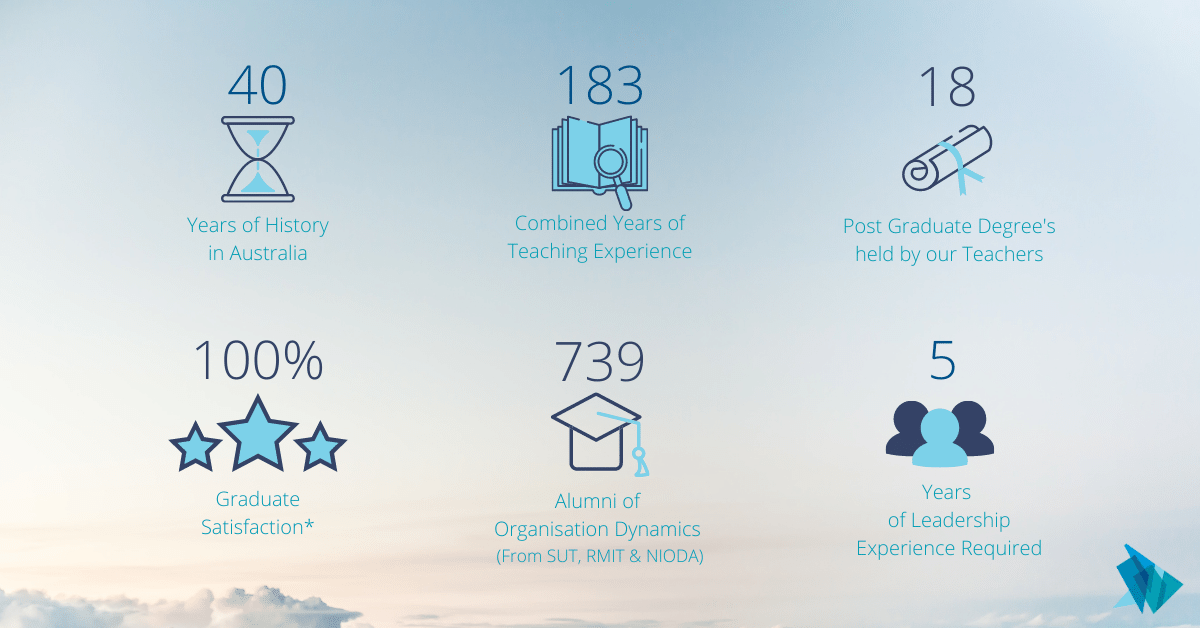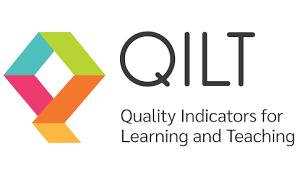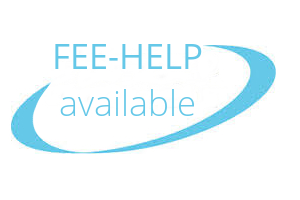Leadership & Management Organisation Dynamics
Master’s Course
Welcome to the National Institute of Organisation Dynamics Australia Ltd (NIODA), an Australian registered Higher Education Provider offering you a Master of Leadership and Management (Organisation Dynamics) integrating work experience with academic theory.
This program is designed for experienced professionals to improve your capability and grow resilience as an individual, in groups and within your organisation.

Download the White Paper to learn:
🎯 The Art of Reflection
🎯 Systems Thinking
🎯 Unconscious Technology
🎯 Leaders we Deserve
🎯 Creating Culture
🎯 The Myth of Culture and more…
By downloading you agree to receive NIODA email communications. You may opt-out at any time.
The individual and group dynamics that create organisational problems are like a giant hairball. Our task is to disentangle it and so make the newly freed threads a fresh resource for the organisation

*2018 and 2019 graduates accorded the NIODA master’s course a 100% satisfaction rating – unbelievable but true!
We credit this to our incredible teaching staff, who between them have an impressive 183 combined years of teaching experience and 13 master degrees and 5 PhDs.
NIODA students access all this organisation dynamics expertise, to learn to understand what is beneath the frustrations you may feel as a manager and leader.
I have done an MBA… but it didn’t really equip me for understanding the inner work of leadership and management… This course has really changed the way I think about organisations, the way I think about myself, and the way I think about working with other.
I didn’t quite expect to develop in terms of self-awareness. You become a better manager, a better leader and a better human being.
If you’re a person who’s thinking… ‘Why is it the things I try don’t work as a manager? Why is it that I try my best to fix this problem but the solution doesn’t stick? What is getting in the way of me doing the work that I want to do…
Master of Leadership and Management (Organisation Dynamics)
This Masters is a world-renowned work integrated program designed for work-experienced professionals who wish to learn to:
- analyse, understand and manage ‘below the surface’ group and organisational dynamics in organisations
- identify blockers to change due to structure, culture and technology
- work with the emotional labour of leading complex systems in fast-changing environments.
Offered part-time, with opportunities to study one or two subjects per semester, as live interactive online classes until 2022, and then you choose to remain live interactive online or a combination of online and face-to-face classes in Melbourne.
FEE-HELP is available for Australian citizens so you can pay as you earn.
Australian Qualifications Framework (AQF) level 9.
Masters Preview & Information Sessions
Master Preview Workshops:
Mondays 17 and 31 January 2022


Sundays 16 and 30 January 2022
Information Session:
7 February 2022
5 – 6 pm (Melbourne time), Live interactive online
Our preview and information sessions are an opportunity for you to experience a snapshot of the NIODA degree; to begin discovering the value of this type of study and to meet others who are considering this course






About NIODA
The National Institute of Organisation Dynamics Australia (NIODA) offers internationally renowned post-graduate education and research in organisation dynamics, and decades of experience consulting with Australian organisations.
The study of organisation dynamics brings together socio-technical and psychoanalytic disciplines to explore the unconscious dynamics that exist in every group, team or organisation. Learning more about these theories, and reflecting on the experience of them, can support leaders and managers to unlock great potential in their organisations, tackling issues through a whole new light.
PO Box 287, Collins Street West,
Melbourne 8007 Australia
+61 (0) 414 529 867
info@nioda.org.au
NIODA acknowledges the Kulin Nations, and respective Traditional Custodians of the lands we work on.
We pay our respects to Elders past and present, and recognise their enduring sovereignty which has, and continues to, care for Country.
NIODA welcomes the Uluru Statement from the Heart’s invitation to walk with Aboriginal and Torres Strait Islander peoples in a collective movement for a better future.




